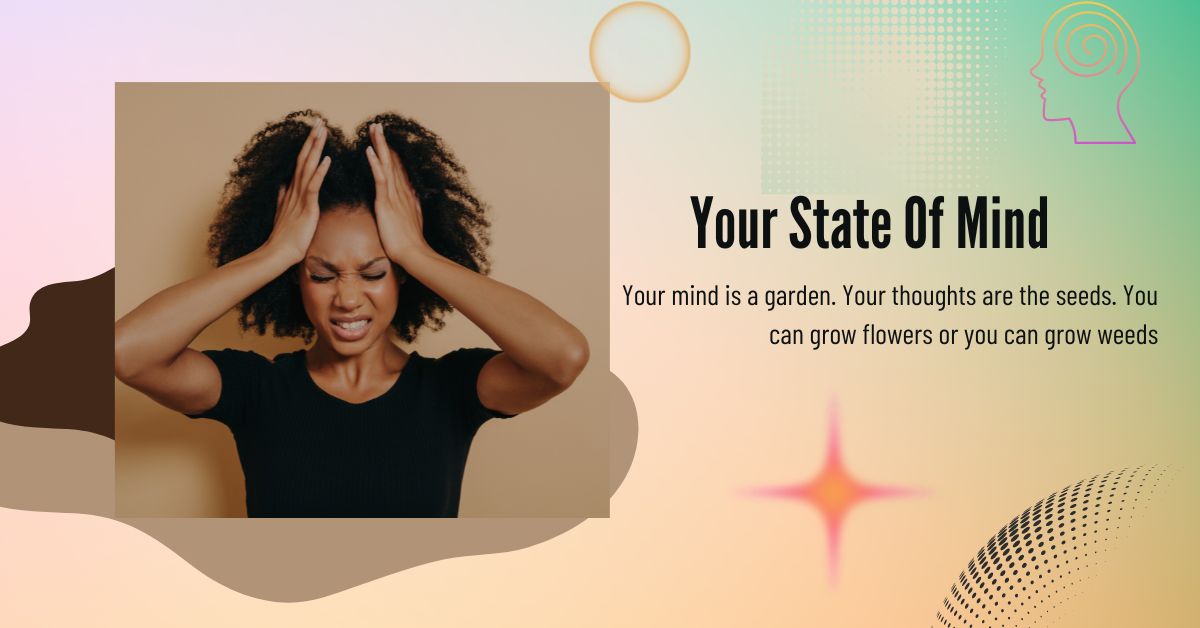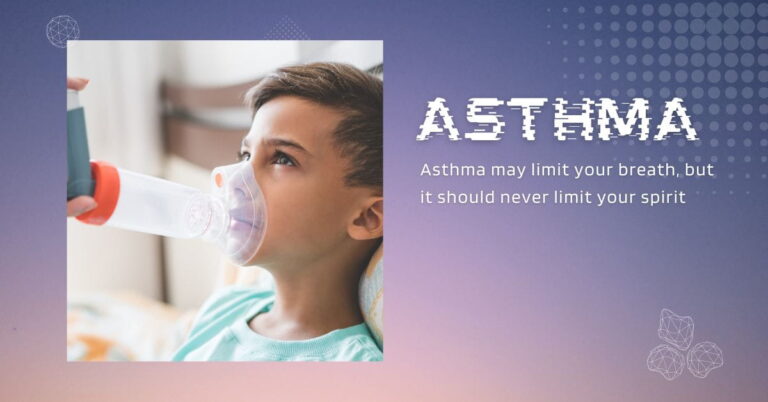Mental Health
What mental health needs is more sunlight, more candor, and more unashamed conversation.
– Glenn Close
Mental health refers to a person’s emotional, psychological, and social well-being. It encompasses their ability to handle stress, make decisions, and behave appropriately. A person with good mental health can think clearly, make reasonable decisions, act lawfully, and draw logical conclusions. In contrast, a person who experiences disturbances in thinking, behavior, and speech, and who is easily overwhelmed by life’s demands, may be suffering from a mental illness.
In a world that is advancing steadily, our mental aptness deserves special attention; one that explores the complexities of mental health, untangling the threads that weave through our affections and reasonings. Every individual needs to embark on a journey to self-discovery, resilience, and the pursuit of a sound mind.
Understanding mental health involves recognizing the intricate factors that shape our well-being. Our mental outlook is influenced by our emotions and significant life events, making it both dynamic and interconnected. Prioritizing self-awareness is crucial for establishing a strong foundation for mental health. By regularly reflecting on our triggers, patterns, and areas for growth, and embracing our vulnerabilities, we can cultivate a compassionate and understanding relationship with ourselves.
Mental Health Awareness
Mental health awareness involves educating and informing individuals and communities about mental health conditions, the importance of mental well-being, and how to recognize, prevent, and treat mental health issues.
It is common to hear people discuss their physical health and their efforts to treat ailments like headaches, cholera, and fever. However, discussions about mental health are far less frequent. Despite its critical importance, mental health often remains a taboo topic, shrouded in stigma and misunderstanding.
Mental health awareness must be as prominent and widespread as necessary to effectively reach and educate everyone because understanding mental health is essential for people of all ages, backgrounds, and walks of life.
The following are ways we can spread awareness:
- Public Campaigns – Utilize mass media, social media, public service announcements, and community events to engage a wide audience.
- Prominence – Make sure that mental health resources are clearly visible and readily available in public spaces, online platforms, and healthcare settings.
- Continual Dialogue – Promote frequent and candid conversations about mental health in various aspects of life, such as within families, schools, workplaces, and social gatherings.
- Engage Influencers – Partner with celebrities, influencers, and community leaders to enhance the message and expand the audience’s reach.
- Advocacy – Push for the implementation of policies that endorse mental health awareness, funding for mental health services, and the integration of mental health in public health initiatives.
- World Mental Health Day – Encourage global campaigns and events to raise awareness.
The Importance of Mental Health Awareness
Recognizing the importance of mental health awareness is the initial step toward creating a healthier, more compassionate world where mental health is prioritized and supported. Many have had to confront severe conditions because they were unaware of their mental health issues beforehand.
Consider these 5 important aspects of mental health awareness:
- Improves Overall Health: Awareness helps individuals understand the significance of mental health as a key component of overall health, motivating them to take proactive measures to maintain it.
- Reduces Stigma: Enhancing awareness helps normalize conversations about mental health, thereby reducing the stigma and discrimination associated with mental health conditions.
- Establish Empowerment: Knowledge empowers individuals to take control of their mental health, make informed decisions, and advocate for themselves and others.
- Encourages a Nurturing Community: A community that is educated about mental health is more likely to offer support and understanding, helping to alleviate the feelings of isolation often experienced by those affected.
- Promotes timely help-seeking: By identifying the signs of mental health issues early, individuals are more likely to call for help sooner, which can lead to improved treatment outcomes.
Signs of Mental Health Issues
Signs are indicators that provide guidance on how to navigate a specific area or reach a particular destination. In this context, our destination is to identify whether we have mental health issues. The signs are any unusual feelings or changes we can detect in our bodies from the moment we wake up until we go to bed.
It’s important to note even minor or occasional changes in our feelings, as tracking these details helps ensure nothing is overlooked, leading to better and more comprehensive care.
Kindly observe the following as they could be signs of mental health issues:
Suicidal Thoughts: Having thoughts of self-harm or suicide, including definite plans or intentions.
Substance Abuse: Growing dependence on alcohol, drugs, or other substances as a way to deal with emotions.
Low Self-Esteem: Experiencing feelings of worthlessness or being overly critical of yourself.
Loss of Interest: Losing sudden interest in activities you were once passionate about.
Social Isolation: Isolating oneself from social interactions and withdrawing from friends and family.
Difficulty Concentrating: Having trouble focusing, remembering information, or making decisions.
Anger Issues: Becoming easily irritated, agitated, or frustrated, which can lead to explosive reactions.
Excessive Anxiety and Sadness: Feeling intense and persistent anxiety or fear, as well as experiencing overwhelming sadness most of the time.
Note: It is important to note that this is often the result of a combination of these factors rather than a single cause.
Dealing With Mental Health
Some research indicates that loneliness is associated with various psychiatric disorders like depression, alcohol abuse, anxiety, sleep problems, and low self-esteem. A lot of people keep their struggles to themselves for fear of being ridiculed and sidelined by society, however, genuine human and social connections act as pillars of support in difficult times. Building relationships that allow open communication and empathy forms a resilient network that buffers against life’s unavoidable storms.
The harsh impact of stress and burnout is irrefutable in a fast-paced world where there are so many economic and financial challenges. Unemployment, job losses, divorce, anxiety, and low self-esteem are a few stressors that can lead to a mental breakdown if not positively dealt with. Contentment, a positive mindset, less worry, and hope for a better tomorrow can help a person develop long-term mental resilience towards these stressors that interfere with our mental health.
Therapy is an effective way to address mental conditions, offering valuable guidance that shapes thought patterns and develops coping skills, empowering individuals to confront challenges and conflicts. Conversely, stigma leads to silence and fear of seeking help. Therefore, it is wise to include destigmatizing conversations about seeking professional assistance in our pursuit of a sound mind.
It is essential to admit that mental health is a continuous process, marked by progress rather than perfection. As we strive for a society that prioritizes mental well-being, let us embrace the diverse tapestry of experiences, recognizing that each thread contributes to the overall fabric of our shared humanity.
Final Thoughts
As we conclude our journey through the labyrinth of mental health, may this exploration serve as a compass for understanding, compassion, and proactive care. Remember, the path to mental well-being is unique for each individual, but by fostering awareness and embracing support, we pave the way for a brighter, more resilient tomorrow. Let our collective efforts break down stigmas and foster a world where mental health is not just a destination but an ongoing journey we traverse with empathy and understanding.


